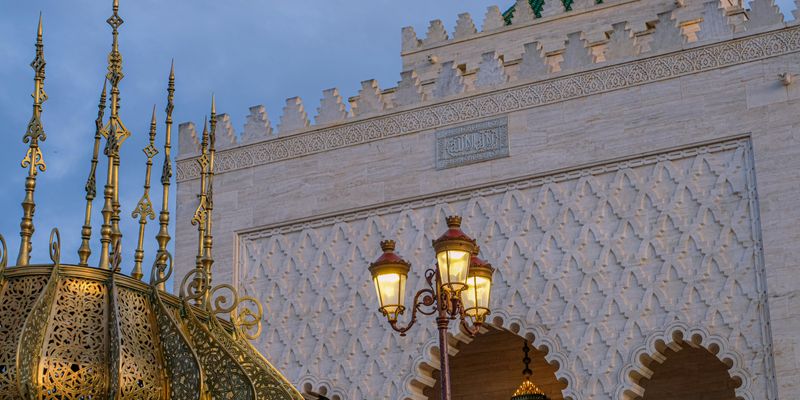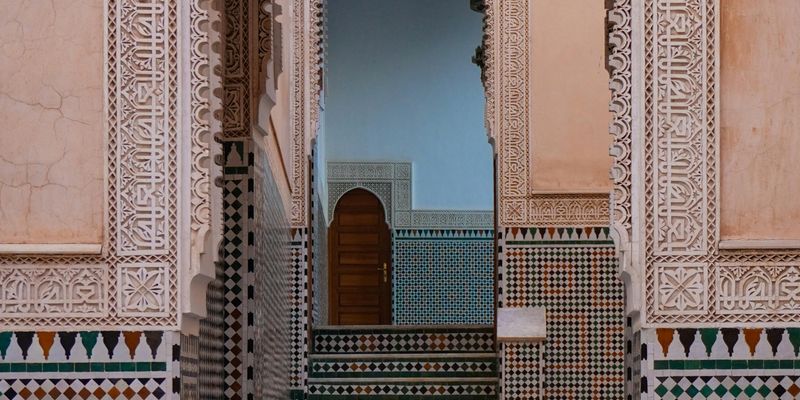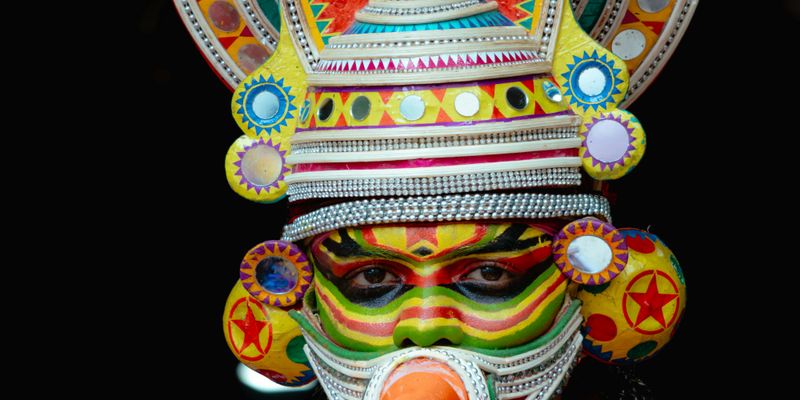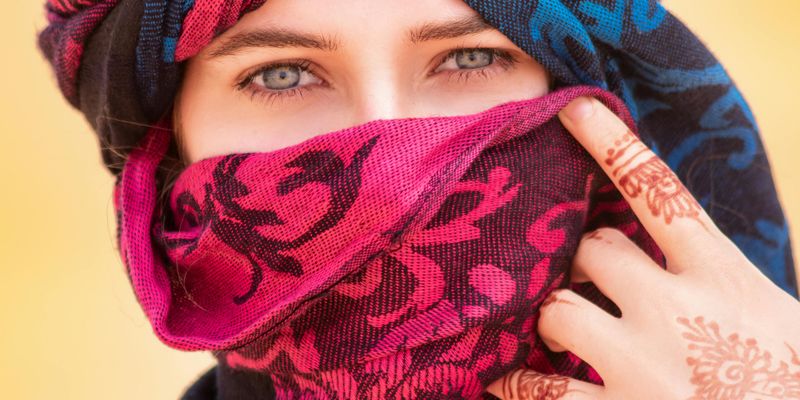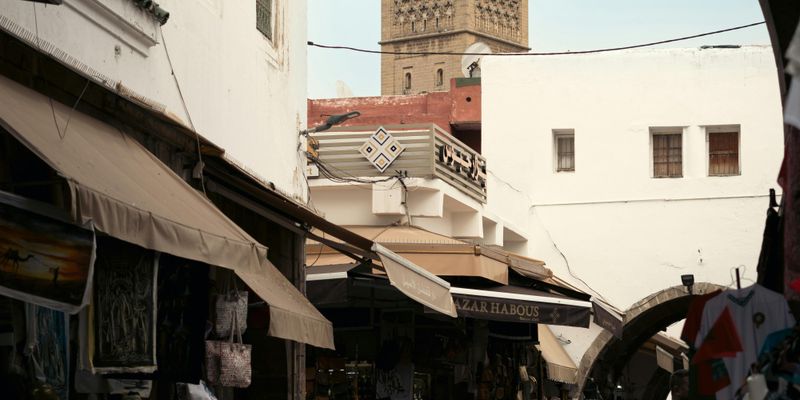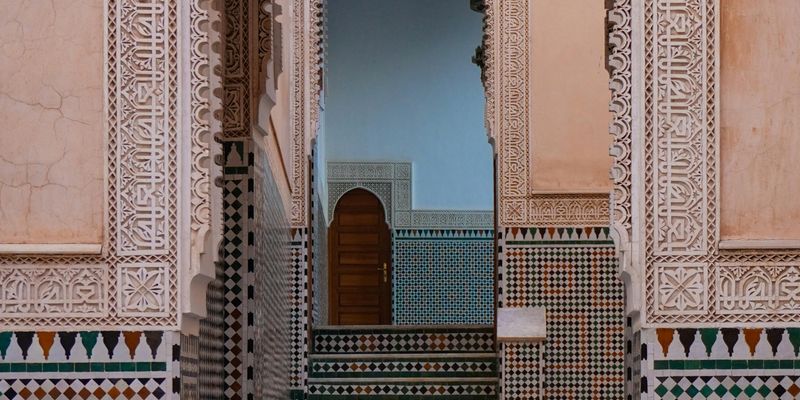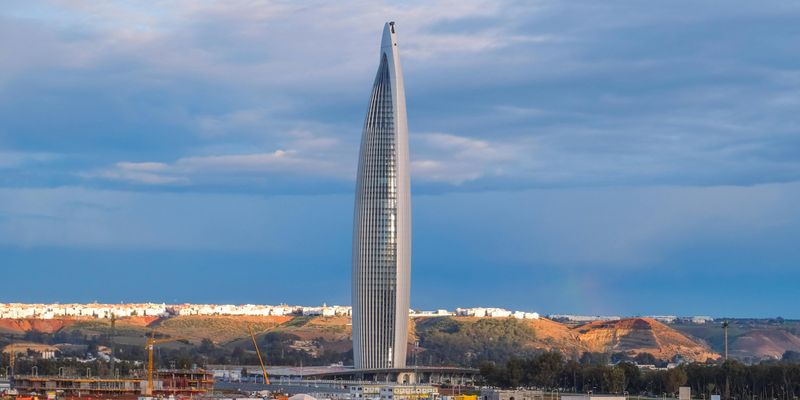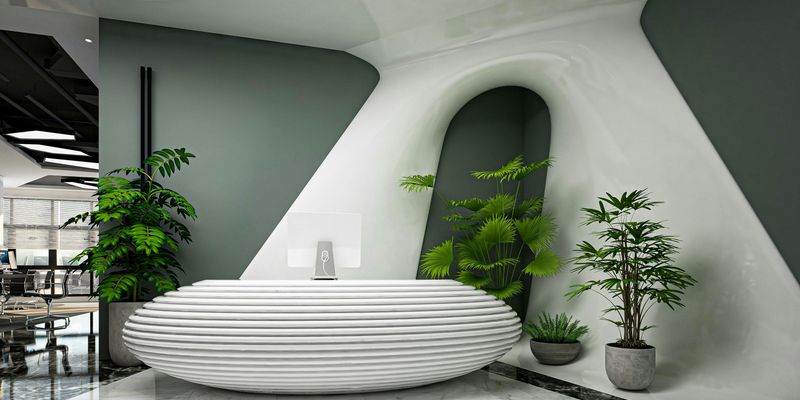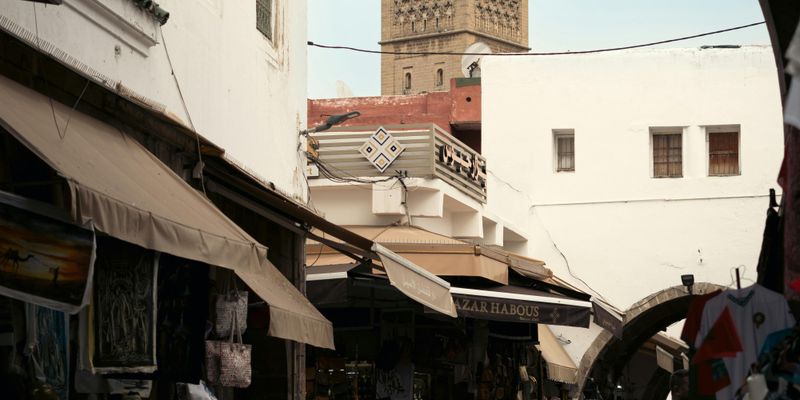
Introduction
Welcome to Morocco, a land where the vibrant colors of the landscape are mirrored in its rich cultural tapestry. At the heart of this unique blend of tradition and modernity lies Islamic culture, which serves as the very heartbeat of Morocco's heritage. As you journey through this enchanting country, you will discover that Islamic influences permeate every aspect of Moroccan life, shaping its architecture, art, festivals, and communal spirit.
The Architectural Marvels
The majestic architecture of Morocco stands as a testament to the country’s Islamic roots. From the intricately designed mosques to the stunning madrasas (Islamic schools), every structure tells a story of devotion and artistic excellence. The Hassan II Mosque in Casablanca, which proudly overlooks the Atlantic Ocean, is a perfect example. With its towering minaret and the capacity to accommodate over 25,000 worshippers, it reflects not just religious significance but architectural genius.
In cities like Fez, the winding alleys of the medina (old town) are home to age-old buildings adorned with beautiful azulejos (ceramic tiles) showcasing calligraphy and geometric patterns. Walking through these alleys, one can almost hear the whispers of history, with the echo of prayers resonating from centuries past.
Traditions and Celebrations
Islamic culture is also deeply embedded in Morocco's traditions and celebrations. The holy month of Ramadan is especially revered, where you can feel an overwhelming sense of community as families and friends gather to break their fast at iftar. Streets come alive in the evening, filled with the aroma of delicious dishes like harira (a traditional soup) and sweet pastries such as kaab el ghzal (gazelle’s horns), a beloved Moroccan delicacy.
Equally important is the vibrant celebration of Eid al-Fitr and Eid al-Adha, where families offer prayers, share meals, and engage in acts of charity, embodying the spirit of giving that lies at the core of Islamic teachings. These festivities intertwine religious reverence with cultural expressions, showcasing Morocco’s rich heritage.
The Artistic Expression
Moroccan art is heavily influenced by Islamic culture, which abhors the depiction of human figures in a religious context. Instead, you’ll find breathtaking geometric designs and intricate floral patterns, most evidently in zellij (mosaic tilework) and stucco carvings. Each piece is a labor of love, reflecting the artist's skill and deep respect for their crafts.
The annual Festival of World Sacred Music in Fes is a celebration of this artistic spirit, where musicians from diverse backgrounds come together to share their cultural heritage. The harmonious blending of voices and instruments under the Moroccan sky exemplifies the unity that Islam fosters among different cultures.
The Moroccan People
The warmth and hospitality of the Moroccan people are perhaps one of the most beautiful aspects of Islamic culture. The concept of darija (Moroccan Arabic) encompasses not just the language but a way of life that promotes friendship, respect, and generosity. You’ll find Moroccans eager to share their stories and traditions with visitors, often inviting you to join them for a cup of mint tea, a symbol of hospitality and friendship in Moroccan culture.
Conclusion
In conclusion, Islamic culture is not merely an aspect of Morocco’s identity; it is the very essence that is woven into the country's heritage. Through thrilling architecture, heartfelt traditions, vibrant art, and the welcoming spirit of its people, Morocco offers a unique glimpse into a civilization rich in history and culture. So, whether you are planning a visit or simply curious, I invite you to explore this beautiful land and discover how Islamic culture continues to be the heartbeat of Morocco’s rich heritage.
